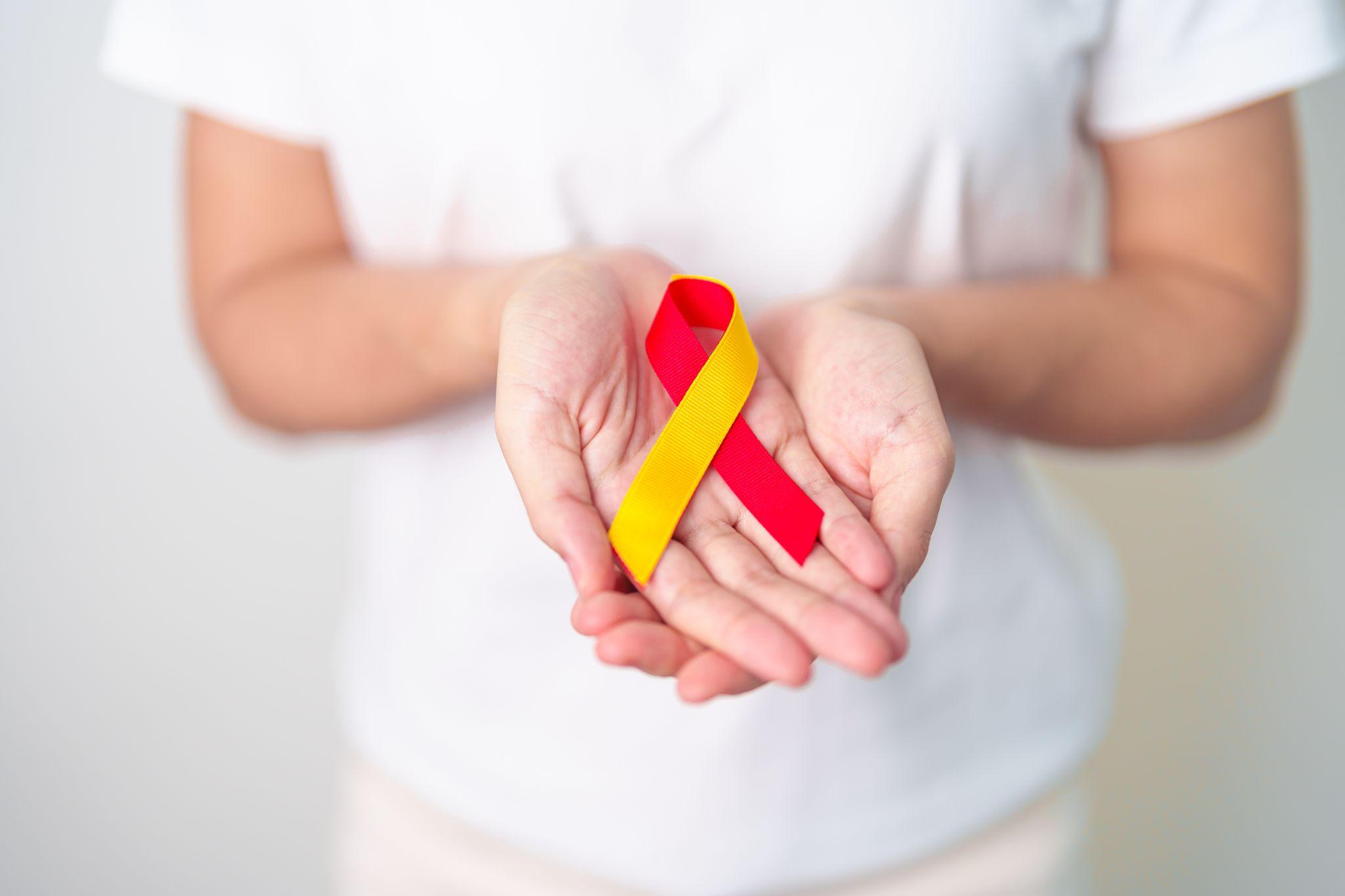Drinking alcohol is a common social activity, but its effects on health can be severe and far-reaching. One significant concern is the connection between alcohol and cancer. Research strongly indicates that drinking alcohol, particularly in large amounts, can increase the risk of developing various types of cancer. Understanding this relationship is crucial for making informed decisions about alcohol use and seeking appropriate help if needed.
Does Alcohol Cause Cancer?
Not everyone who drinks alcohol will develop cancer. However, scientific evidence clearly indicates a link between alcohol consumption and an increased cancer risk. This increases with the amount of alcohol consumption, and heavy use, like in alcohol addiction, carries a much higher risk of developing certain cancers.1 While moderate drinking poses a lower risk, it’s still important to be aware that alcohol is technically a toxin, and that any alcohol could potentially contribute to cancer development over time.
Drinking responsibly and maintaining an otherwise healthy lifestyle might help mitigate some of the increased risks, but the only way to eliminate the cancer risk is to avoid drinking at all. Combining alcohol with other risk factors, such as smoking or drug use, can exacerbate these risks and significantly increase the likelihood of developing cancer.
How Does Alcohol Consumption Raise Cancer Risk?
The ways in which consuming alcohol raises cancer risk are complex, and researchers are still working to better understand them. So far, they have identified several ways that alcohol can contribute to cancer risk.
These include:
- Acetaldehyde Production: When the body metabolizes alcohol, it converts it into acetaldehyde, a toxic chemical and a probable human carcinogen. Acetaldehyde can damage DNA and prevent cells from repairing this damage, leading to cancer.1,2,3
- Oxidative Stress: Alcohol metabolism can generate reactive oxygen species (ROS), which cause oxidative stress and damage to cells, leading to mutations and cancer development.1,2,3
- Hormonal Changes: Alcohol can increase levels of estrogen and other hormones associated with breast cancer. Elevated hormone levels can promote the growth of certain types of tumors.1
- Nutritional Deficiencies: Heavy drinking can lead to deficiencies in essential nutrients such as vitamins A, C, D, E, and folate. These deficiencies can weaken the body’s defenses against cancer.1,2
- DNA Mutations: Alcohol and its byproducts can damage tissues, leading to inflammation and scarring (like cirrhosis of the liver). As cells try to repair the damage, they can end up with mistakes in their DNA, which could lead to cancer.3
- Solvent Properties: Alcohol can act as a solvent, enhancing the penetration of other carcinogens into the cells lining the upper digestive tract, increasing the risk of cancer in these tissues.2
What Types of Cancer Can Alcohol Potentially Cause?
Alcohol consumption has been linked to several types of cancer, including:3
- Mouth cancer
- Throat cancer
- Esophageal cancer
- Liver cancer
- Breast cancer
- Colon cancer
- Rectal cancer
- Laryngeal cancer
- Stomach cancer
Each of these cancers has specific risk factors associated with alcohol consumption, and the risk increases with the amount and duration of alcohol use. For example: colorectal cancer risks increase most significantly at two or more alcoholic beverages per day, and stomach and liver cancer risks increase at three or more alcoholic beverages per day.2
But Aren’t There Also Some Health Benefits?
There are some claims that suggest moderate consumption of certain types of alcohol can help reduce certain cancer risks, such as kidney cancer and non-Hodgkin lymphoma.1,3 However, these supposed benefits are not as well understood or clearly defined by scientific research. Even if drinking specific types and amounts of alcohol might offer benefits for particular cancer risks, these potential advantages are overshadowed by the overall increase in the risk of developing other types of cancer.
Can Rehab Help Me Prevent Cancer?
Preventing cancer involves reducing risk factors, including heavy alcohol consumption. If you are addicted to alcohol and are drinking heavily on a daily basis, it’s important to get professional help as soon as possible. While rehab cannot guarantee that you won’t get cancer, it plays a crucial role in reducing alcohol intake and, as a result, various cancer risks.
Here are a few ways addiction treatment may help reduce your risk of developing cancer:
- Stopping Alcohol Use: The primary goal of rehab is to help individuals stop drinking. Reducing or eliminating alcohol intake can significantly lower the risk of alcohol-related cancers.
- Introducing a Healthy Lifestyle: Rehab programs often include education on nutrition, exercise, and other healthy habits that can further reduce cancer risk.
- Medical Monitoring: Regular health check-ups during and after rehab can help detect any early signs of cancer or other health issues, allowing for prompt intervention.
Rehab also provides comforting surroundings and psychological and emotional support, all of which can be crucial for maintaining sobriety and reducing the stress that can lead to unhealthy behaviors and relapse.
Get Help for Alcohol Addiction at Lumina Recovery
At Lumina Recovery, we understand the profound impact that alcohol addiction can have on your health, including increasing your risk of cancer. Our comprehensive rehab programs are designed to help you overcome addiction through personalized care, evidence-based therapies, and a supportive environment.
Our services include:
- Personalized Treatment Plans: We tailor our programs to meet the unique needs of each individual, ensuring the best possible outcomes.
- Evidence-Based Therapies: Our approach incorporates proven methods such as cognitive behavioral therapy (CBT), motivational interviewing, and holistic treatments.
- Supportive Community: We provide a nurturing environment where you can connect with others who understand what you’re going through.
- Aftercare Programs: To help maintain long-term sobriety, we offer ongoing support and resources even after you leave our facility.
Taking the first step towards recovery is crucial not only for overcoming addiction but also for reducing your risk of serious health conditions like cancer. Contact Lumina Recovery today to learn more about our alcohol addiction programs and how we can help you lead a healthier, alcohol-free life.
Sources



